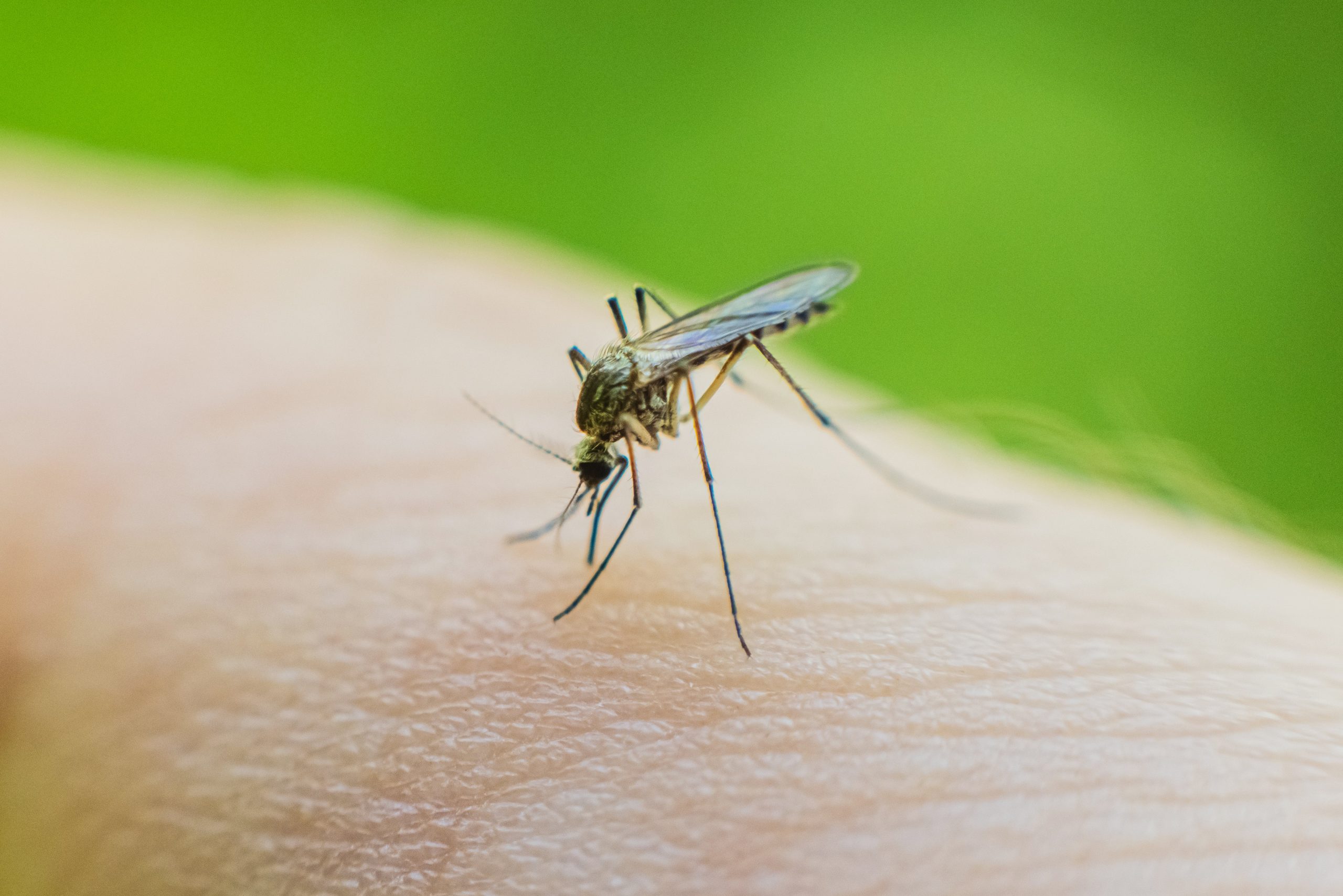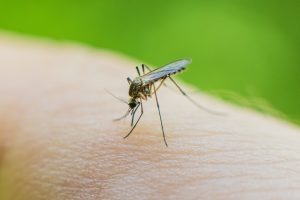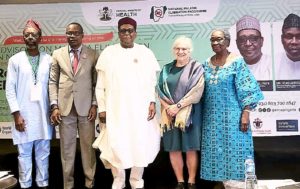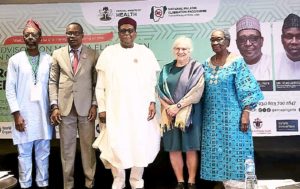
NIGERIA LOSES $1.1BN ANNUALLY TO MALARIA CRISIS — MINISTER

The Federal Government has committed to eradicating malaria, following the alarming loss of $1.1 billion annually due to the widespread health crisis. The significant economic burden highlights the urgent need for comprehensive strategies and stronger interventions to combat the disease, reduce healthcare costs, and improve public health outcomes.
Prof. Muhammad Ali Pate, the Coordinating Minister for Health & Social Welfare, made this declaration at the inaugural meeting of the Advisory on Malaria Elimination in Nigeria (AMEN) held in Abuja.
He described malaria as not just a health crisis but also an economic and developmental emergency that must be eliminated.

In his remarks, the Coordinating Minister stated that the federal government is resolute in its commitment to eliminate malaria.
The launch of an advisory body, he pointed out, is therefore a bold and decisive step to confront and address a wicked problem that has undermined the health and economic growth of the country.

He said:”Malaria continues to exert an unacceptable toll on Nigeria With 27% of global malaria cases and 31% of global malaria deaths, our country bears the heaviest burden of this disease. In 2022, over 180,000 Nigerian children under the age of five lost their lives to malaria—a tragedy we have the tools to prevent”.
On its economic consequences, the Coordinating Minister emphatically declared: “This is not just a health crisis; it is an economic and developmental emergency. Malaria reduces productivity, increases out-of-pocket health expenditures, and compounds the challenges of poverty. The annual loss to Nigeria’s GDP from malaria exceeds $1.1 billion, a stark reminder of the economic imperative of elimination.”
Malaria elimination, Prof. Pate stated, is a critical component of the Nigeria Health Sector Renewal Investment Initiative (NHSRII) framework for transforming the health sector, in alignment with the Renewed Hope Agenda of the present administration.

While acknowledging the urgency of the task as reflected in the National Malaria Strategic Plan 2021-2025, to amongst others reduce malaria prevalence to below 10 percent, halve malaria-related mortality by 50 deaths per 1,000 live births, the Coordinating Minister highlighted the importance of traditional and religious leaders to drive grassroots support and influence behaviour change.
This advocacy approach, he emphasised, will complement AMEN in promoting the use of insecticide-treated nets, chemoprevention, and vaccines.
Speaking earlier, the Minister of State for Health & Social Welfare, Dr. Iziaq Salako, affirmed the advisory body as a group of experts who will provide evidence-based advisory to help the country not only to reduce its unacceptable malaria burden but set us on a realistic path to a malaria-free Nigeria.
“For us to succeed, the private sector, international partners, healthcare workers, and the communities we serve must be harnessed and coordinated,” Dr. Salako added.

Delivering her welcome address, the Permanent Secretary Daju Kachollom, represented by Dr. Chukwuma Anyaike, Director Public Health Department in the Ministry, stated that the renewed commitment by the present administration has brought a new life to the effort to eliminate the disease.
It is pertinent to state that the Advisory on Malaria Elimination in Nigeria (AMEN) is made up of globally renowned experts under the leadership of Prof. Rose Leke, charged with refocusing on advancing evidence-based solutions that address current challenges, ensuring that malaria elimination is prioritised in the budgets and plans of all levels of government, and creating frameworks for accountability that ensure sustained progress.
